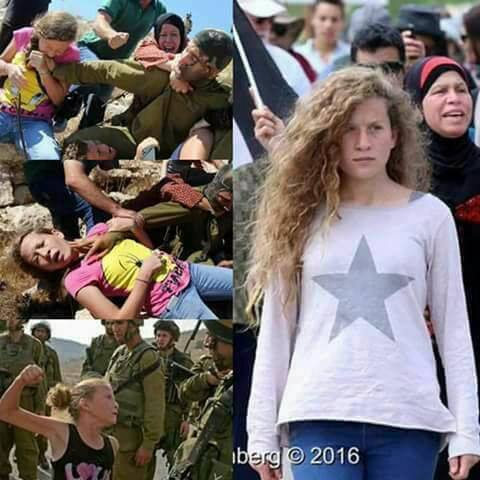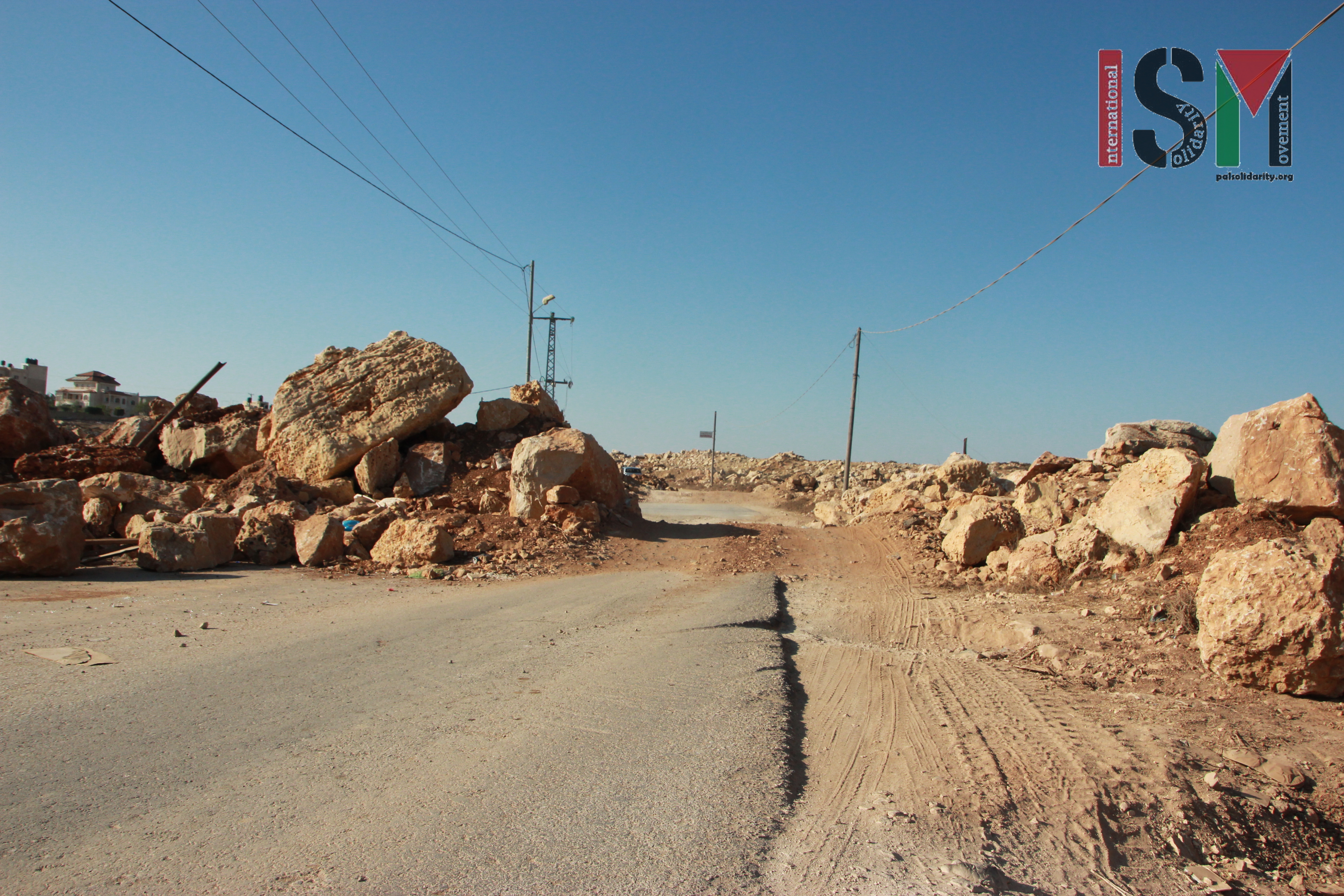Tag: Prisoner
-
Israeli soldiers arrest 16-year old girl and her mother in Nabi Saleh
December 19th 2017 International Solidarity Movement, Nablus team | International Womens Peace Struggle | Occupied Palestine UPDATE: Bassem Tamimi, Ahed’s father, has also been arrested by Israeli occupation forces as he went to the court where his daughter and wife are held. No break for the kid-targeted repressive operation of the Israeli forces. Tonight soldiers raided Nabi…
-
Settlers from illegal Halamish settlement block Route 450 for Palestinians in revenge
20th August 2017 | International Solidarity Movement, Huwwara-team | Nabi Saleh, occupied Palestine On 23rd July, two days after the killing of three settlers from the illegal settlement of Halamish, settlers blocked Route 450 with self-made barricades preventing Palestinians from using the main road, which connects Nabi Saleh village with the south Baytillu . The…
-
8th Kite Festival in Burin
18th July 2017 | International Solidarity Movement, al-Khalil team | Burin, occupied Nablus At the beginning of July the local committee of Burin invited to the town`s 8th Kite Festival of the City. The festival is kind of a tradition for this town, but has not taken place for the last three years, because the…



